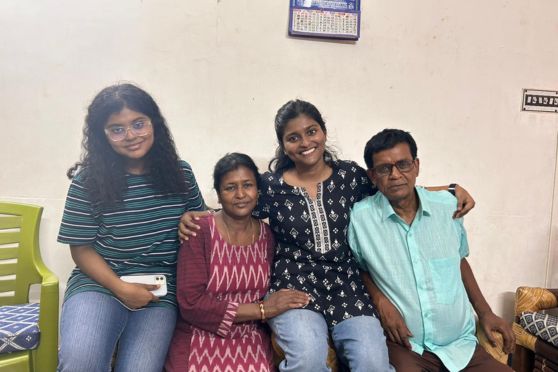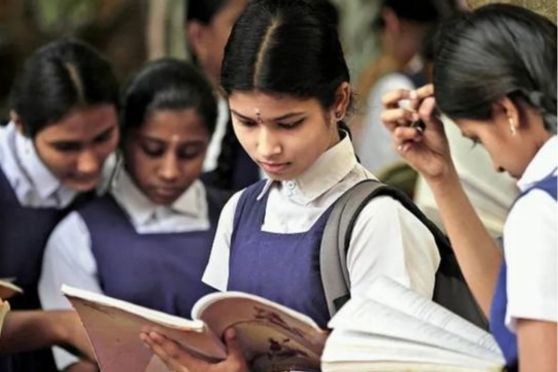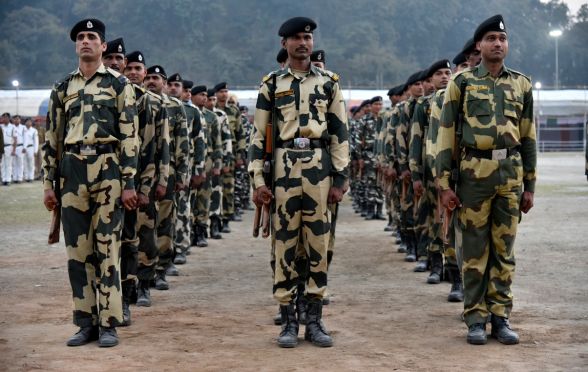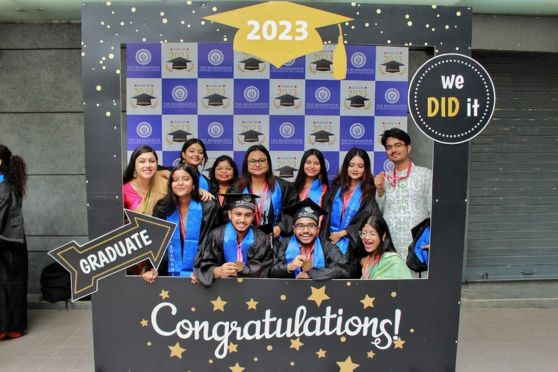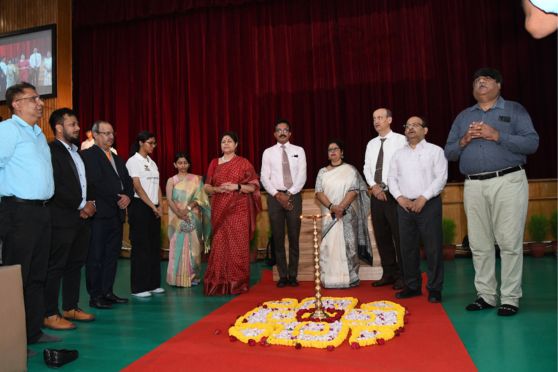Advertisement
Discover
Advertisement
News
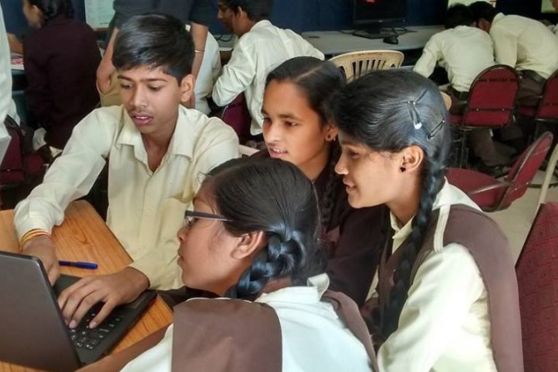
UP Board Exam 2024
UP Class 12th Board Result 2024 Declared; Check Inter Results Now!

AIIMS NORCET 2024
AIIMS Declares NORCET 6 Result 2024, 8041 Candidates Qualify! Check Direct Link

CBSE 2024
Latest Update! CBSE 2024 Class 10, 12 Results to be Out on this Date

SWAYAM July semester
SWAYAM July Semester 2024: NTA extends registration deadline; check exam schedule here

JIPMAT 2024
JIPMAT 2024 Registration to End Soon! Find Direct Link to Apply

CMA June 2024
Application Correction for CMA Inter & Final June 2024 Ends Today: Last Chance for Changes
Career
Advertisement

